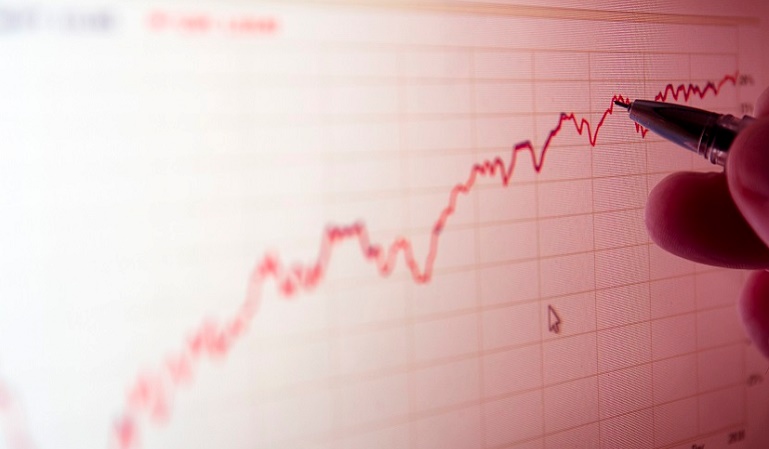Pessimists still outnumber optimists.
The Westpac Melbourne Institute Index of Consumer Sentiment rose by 0.4% in July from 96.2 in June to 96.6 in July, the eighth consecutive month where the Index has printed below 100, indicating that pessimists continue to outnumber optimists.
“The Index is not sending encouraging signals about the outlook for consumer spending,” Westpac chief economist, Bill Evans said. “Developments around interest rates during the month could have been much more damaging for confidence than turned out to be the case.”
Banks increased rates on ‘interest only’ mortgages and while there was considerable media speculation about prospects for rising rates overall, confidence amongst respondents with mortgages actually rose by 4.8%. However, the interest rate increases may have contributed to softer reads in some sub groups with higher exposure to investor housing, with sentiment down about 10% in the month for those aged over 55.

The key components of the Index gauging respondents’ assessments of their own financial position were mixed, Evans said, with measuring assessments for family finances relative to a year ago lifting by 1.2% while the component tracking assessments of the outlook for finances over the next 12 months fell by 4.2%.
There was some good news for retailers, with the ‘time to buy a major household item’ sub index improving by 4.2%, up 1.0% over the year as conditions in the housing market appear to be stabilising, at least for the time being.
“The ‘time to buy a dwelling’ index lifted by 3.1% in the month, the first significant increase we have seen this year as in the 2017 first half this indicator fell consistently by just over 10%,” Evans said. Recent increases in State Government assistance for first home buyers appears to have been a big factor in the July rise with the ‘time to buy a dwelling’ sub index for 25–34 year olds surging 36% in the month.
“The outlook for house prices also partially reversed the recent deterioration with Index expectations increasing by 8.6% following the cumulative 11.8% fall in the previous two months. “With banks raising some mortgage rates and overall confidence soft it is too early to call a recovery in confidence in the housing market.
“We continue to predict that the Reserve Bank cash rate will remain on hold throughout the remainder of 2017 and 2018. A cautious consumer; a slowing housing market; and a weakening in the labour market with limited prospects of any boost to wages growth all point to another year of steady policy.” Evans said.

